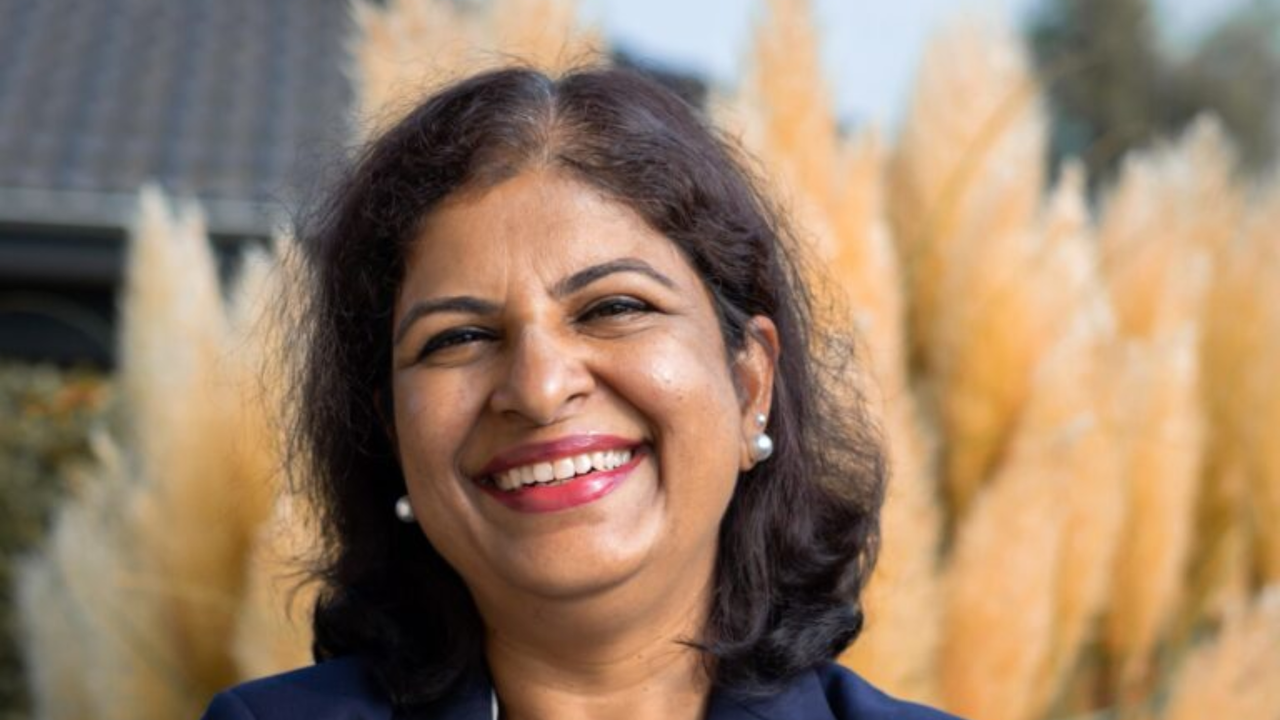
Image credit: Smita Salagre
Odense, Denmark: As Denmark heads into municipal and regional elections on November 18, Indian-origin dentist Smita Salagare has emerged as one of the notable candidates in Odense. She is contesting for both the Odense Municipal Council and the Region of Southern Denmark (Syddanmark).
Salagare, 47, has spent years working across the Danish public healthcare system — currently in Odense’s Municipal Dental Care, and previously in clinics in Sønderborg, Vejle, and Esbjerg. Her work, she says, has given her insight into the experiences of “patients, relatives, and colleagues across the system,” shaping her belief in the need for a more coordinated, citizen-centred healthcare framework.
Although healthcare remains at the heart of her pitch, Salagare also highlights wider welfare concerns, including elderly care, childcare, and local development. She argues that Odense should grow into “a vibrant and sustainable city with room for everyone,” calling for stronger welfare systems, sound economic management, and community-driven policymaking.
Elderly care features prominently in her campaign. Salagare emphasises that dignity must guide decision-making in this sector: “Our seniors deserve care that is personal, professional, and respectful,” she says.
Her focus on education and youth well-being is influenced in part by her own life as a mother to a seven-year-old. She has advocated for better childcare, stronger schools, and safer environments for children and young people, noting that “they are our future, and we must invest in them.”
While her campaign message leans on optimism, Salagare also argues that Odense needs to improve in several areas. She says she wants a municipality that “listens, takes action, and dares to think differently,” appealing to voters seeking change in a city undergoing demographic and economic shifts.
Her campaign materials describe her as family-oriented, an advocate for citizens in daily healthcare work, and someone with extensive knowledge of the Region of Southern Denmark — qualities that she believes prepare her for responsibilities in both municipal and regional roles.
On November 18, Denmark will hold local elections in its municipalities and regions, with nearly half a million international residents eligible to vote. These elections, held every four years, determine who will govern the local bodies that shape many aspects of residents’ daily lives.

